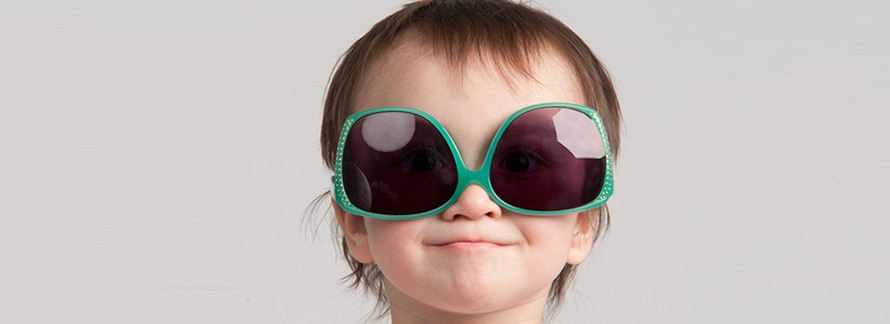Oh, to be a toddler again! As BabyCenter.com says: "Toddlers are tricky - they've grown enough to have their own ideas and wants, but their bodies and emotions haven't kept pace." Isn't that the truth. But, despite these challenges, they are so cute and cuddly and go through some awesome changes. Read on to learn about milestones, nutrition, sleep and more. Be sure to click the links to view the full handout on developmental milestones and well child care with tips for safety, eating, sleeping and more.
On this page
- Normal development for Toddlers (15 months - 4 years)
- Toilet Training Your Child - The Basics
Normal Development for Toddlers
(15 months - 4 years)
Although it goes without saying, every child develops at his or her own pace - so it is challenging to describe exactly what you should expect at each and every month. The information below outlines a general progression through the developmental stages. For answers to your specific questions, please consult with your Pediatrician.
Please refer to our Immunization and Vaccination page for specifics about the vaccinations we recommend for your toddler.
Please refer to our Immunization and Vaccination page for specifics about the vaccinations we recommend for your toddler.
|
15 Months
Between 15-18 months, motor skills such as standing, walking and climbing stairs improves. Gross and fine motor control also improve as seen by the ability to pick objects up while standing. Language improves - so keep an ear out for new words. |
| ||||||
|
18 Months
By 18 months, eating with a fork, walking and speaking 3-50 words are some of the exciting things you may see. And, unfortunately, "No" may be their favorite word! Your little one will interact, point and watch you carefully to make sure you are focused and attentive to them. This is a good time to start toilet training. |
| ||||||
|
2 Years
Hang on, because your toddler is on the move! Running, climbing, imitation and claiming that everything is "mine, mine, MINE!" may occur. Sometimes it seems that your 2 year old has regressed to acting like a baby - but that's normal. This is a good time to begin toilet training also.Have fun building block towers, trying to get them tucked into bed and watching their "I can do it myself" attitude. |
| ||||||
|
3 Years
Physical, social, emotional and mental development continue with discussions about dreams, reading the same stories over an over and walking further (even backwards), riding trikes and often stumbling or falling - and getting the occasional scraped knee (so keep those band-aids handy). |
| ||||||
|
4 Years
By now, your 4 year old may be master of the scissors (blunt ones of course). They enjoy being silly, but continue to test parental limits. The like to imitate, help with simple tasks and seem be to ever so curious - asking "why?" to virtually everything it seems. |
| ||||||
Toilet Training: The Basics
|
Your child is toilet trained when, without any reminders, he walks to the potty, pulls down his pants, urinates or passes a bowel movement (BM), and pulls up his pants. Some children will learn to control their bladders first. Others will start with bowel control. Both kinds of control can be worked on simultaneously. Bladder control through the night normally happens several years later than daytime control. The gradual type of toilet training discussed here can usually be completed in 1 to 3 months, if your child is ready.
|
Download
| ||||||

